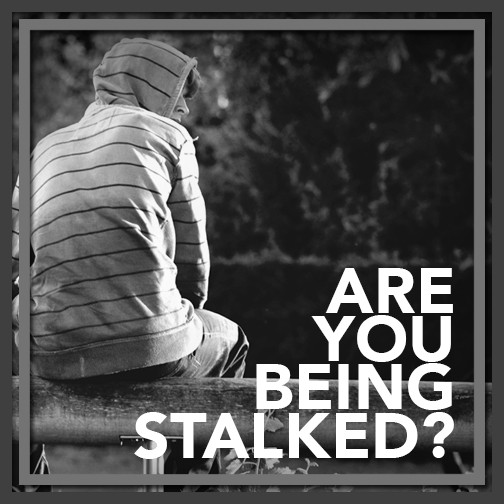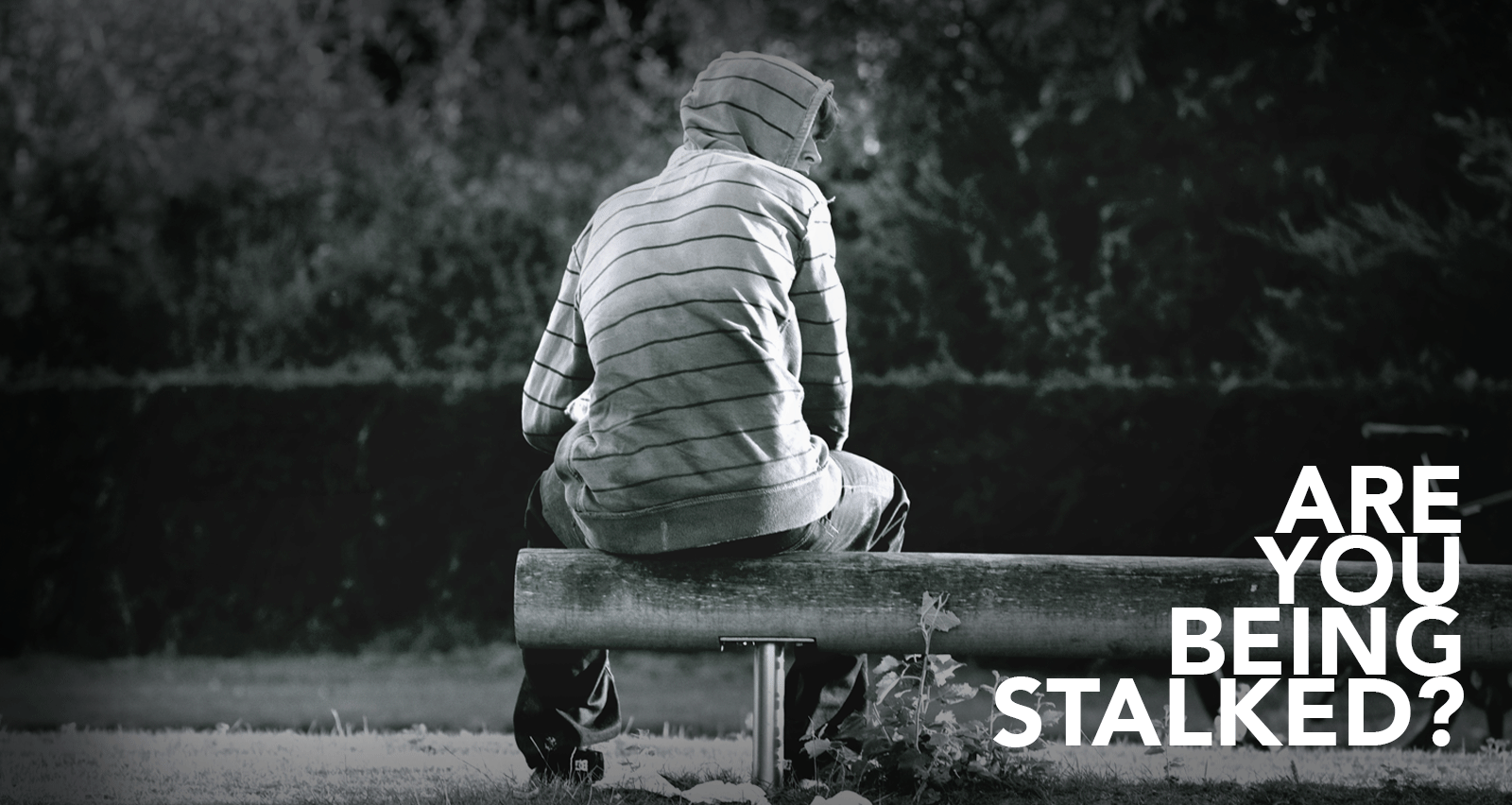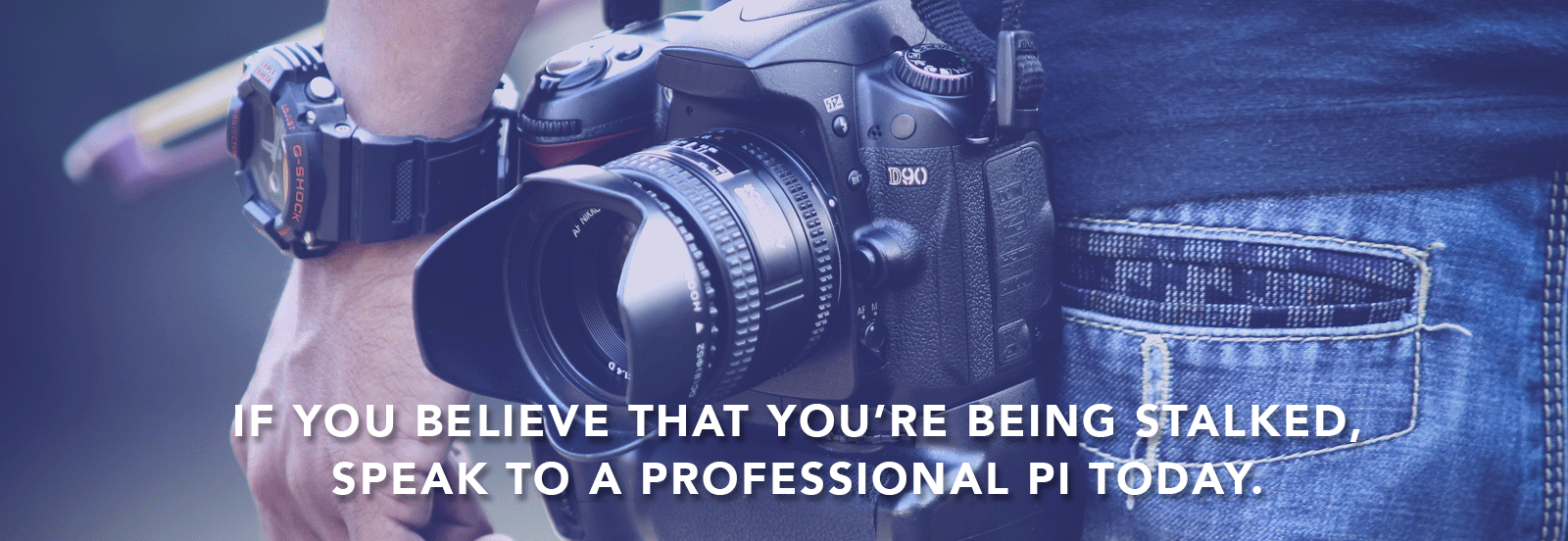

Six Ways to Stay Protected Against Stalkers
While you have hopefully never had to nor ever will have to deal with a stalker, unfortunately there are many who have and even more who will. The Australian Bureau of Statistics estimates that 1.6 million Australian women and 663,800 men have experienced stalking in their lifetime (as of 2013). That is 1 in 5 women and 1 in 13 men, Australia wide. We at Precise Investigation feel that if we can post some guidelines on how to minimise the dangers associated with being stalked, and make it harder to for said stalker to track you.
Obviously the first thing you should do if you believe you’re being stalked is contact the police, however, due to the difficulties in gathering evidence for stalking cases, and in proving that the person in question has broken any laws, the police may not be able to help straight away.
This guide is mainly here to help you avoid the stalker or, in failing that, help you to catalogue and document the situation in order to return to the police with compelling evidence. This may not be a quick and easy thing to do; victimsofcrime.org estimates that the average stalking case lasts for 2 years. Therefore, evasion and documentation must begin when the victim first identifies the stalker and continue throughout the duration of the behaviour.

Without further ado, here is a list of things that you can do to minimise your risks, or help bring the stalking to an end all together:
Attempt to avoid contact with the stalker, in a safe manner
Clearly you don’t want them following you, but you may be lucky and if you avoid them for long enough, they may lose interest and find another target. Additionally, as long as you aren’t near the stalker, there is no immediate danger.
Inform as many friends, family and co-workers as you can
This ensures that the people in your life are aware of your problem and can be helpful in minimising risk. At social gatherings or work, people will be on the lookout for strangers in the area and will likely keep an eye on you as you go to your car or separate from the group. If any of them do spot your stalker, it will also help when dealing with the police as multiple sightings of the same individual provides a greater degree of evidence for stalking.
Keep a journal/log of what happens
This is integral when returning to the police if they were unable to help initially. Keep a written record of every instance where you were followed, observed or approached and detail the specifics of what happened; were you walking to your car? Was the person 10m away, or 20? This should provide a comprehensive list of evidence that proves that it is not an isolated incident, hopefully providing justification for the police to act. You could also collect physical evidence if possible; CCTV stills, photos from your phone or other recordings, although you should never attempt to photograph or video the stalker if there is any risk in doing so.
Keep any letters, gifts or messages that you are sent
For the same reasons as above, this will provide evidence of repeated behaviour from the stalker. It may also provide physical evidence that can be linked back to the stalker. If you are aware that a letter or package is from the stalker, do not open it and attempt to preserve its evidentiary integrity. Using gloves to place it in a sealed Zip-lock bag, for example. This increases the chances of preserving any fingerprints or keeping the evidence from being contaminated.
Review your home security
Check all the doors and windows, ensuring they are all lockable. If you believe that the stalker is someone who had previous access to your home, you may want to replace the locks. A burglar alarm and fire detectors will increase your safety, both from the stalker and other threats. Ensure you know where the exit and entrance points in your home are and practice evacuations in you feel it necessary. If you don’t know or recognise your stalker, remember to ask for ID from every delivery/service employee and note down their details and the time they attended. With regards to delivery personnel, ensure you can see who is at your front door before opening it.
Day-to-day safety
When out and about, there are a variety of things you can do to make the stalker’s life more difficult, if not thwart their creepy behaviour completely. We suggest varying your routine, leaving for work earlier or later and not attending the same non-work activity with regularity. You should also be careful of anything with your home address on it, destroy mail and safely discard receipts and invoices in a secure location. You could also vary which vehicle you use, assuming you have access to alternatives. Lastly, do not undertake activities that will leave you alone for long periods of time; solitary hikes, leaving the bar/restaurant alone and walking to your car after work, for example. And lastly, ensure you are accompanied by a co-worker or friend when at all possible.
If you follow the guide above, you can decrease the risks that a stalker might present and possibly aid the police in gathering enough evidence for them to launch a criminal investigation. Remember that this is not a comprehensive list and that every person’s circumstances are different. Use your common sense and never put yourself at risk.

We also recommend contacting a licenced Private Investigator, many of whom have prior police experience or other relevant professional backgrounds. A professional private investigator will be able to give you guidance, perform a security audit of your home, office space and routine, and if you wish, they can carry out overt surveillance on you, attempting to watch the watcher.
If you’re ever in need of professional assistance in furthering your enquiries or safeguarding yourself, remember that Precise Investigation is a Government Licensed private investigation agency that’s worked with hundreds of private and commercial clients across Australia over the last thirty years. We’ve got the experience, resources and the skillsets required to have your investigation seen too quickly, efficiently and, most importantly, discreetly.
Thanks for reading,
The Precise Investigation Team






















